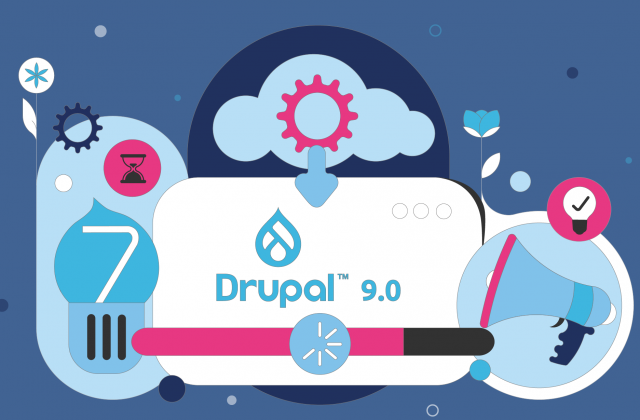For those who haven’t yet seen it in action, Google introduced a pretty significant change to how its search function works which should directly impact upon user experience (for the better). It’s called ‘Knowledge Graph’ and basically aims improve search experience in situations where a keyword has multiple referents – only one of which actually interests the user.
Google give the example of ‘Taj Mahal’ – which can refer to either the famous landmark, an award winning musician, or a local Indian restaurant amongst other things. At the moment users would get results relating to all of them despite the fact that, in almost all situations, they want info about only of them. Knowledge Graph is essentially designed to identify more precisely what users want when they input these more complex keywords (there are probably a relatively limited number of them) and give them results adjusted accordingly.
In addition to getting results which relate to only the sense of the keyword which users are interested in (as opposed to all keyword results), Knowledge Graph also provides short summaries – think mini Wikipedia style entries (but drawn from all sorts of informational databases, including also Freebase and the CIA World Factbook) so that you can sometimes get the info you need without even needing a further click.
So, nothing massively radical – but a relatively noticeable adjustment which should make the search experience even more satisfying – and indeed ensure that many users get what they’re looking for directly from their search results page (especially if it is a simple quick fact), without even needing to click through further. Thus far Knowledge Graph is only available to US English language users, but will soon be rolled out across smartphones and tablets – and then presumably to other territories.
For my money, it looks like yet another decent improvement to Google’s core ‘bread and butter’ business of Search and one which signals a move beyond a solely textual handling of keywords in delivering results – instead offering also a viable consideration of search intent which, if effectively executed, should only make the search function even more useful to users (and profitable for Google).


